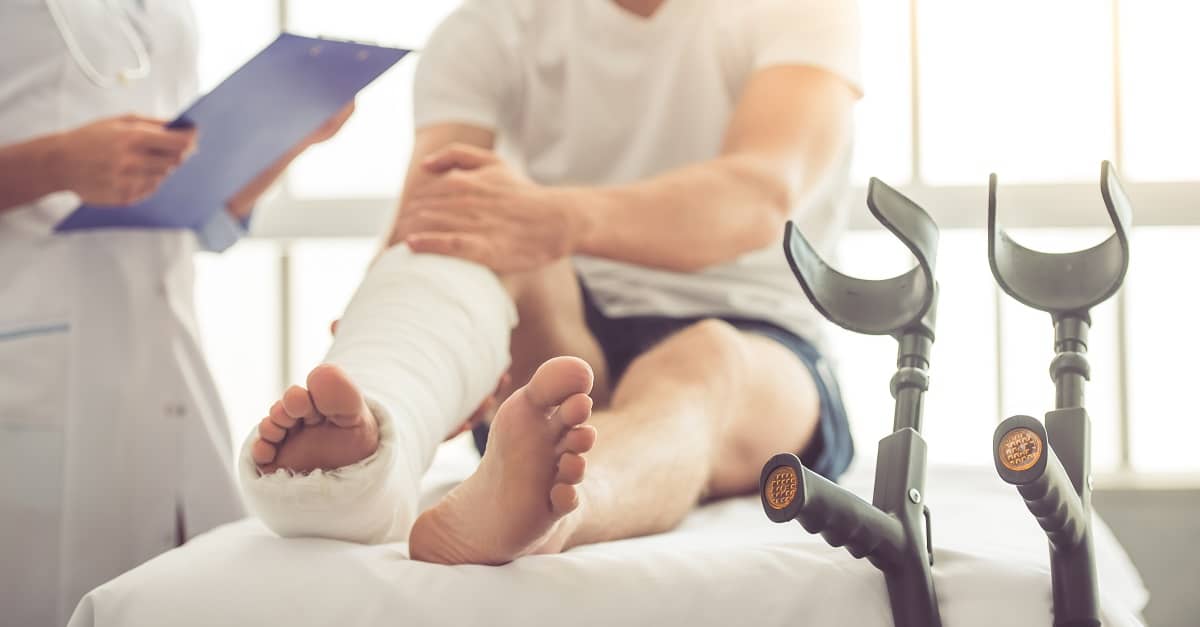A personal injury claim is a formal request for monetary damages against the person or entity that caused the claimant’s injuries. Injury victims have the right to financial assistance for any mental harm (such as emotional distress) that come with physical harm. Although it varies from state to state and is normally highly restricted, it is possible to receive compensation for a mental impairment unrelated to a physical handicap.
Personal injury claims are typically founded on the carelessness of another person or entity. Claims for intentionally causing harm, commonly known as “intentional torts,” [such as battery or assault] are subject to a different set of legal criteria than claims for negligence.
You can estimate the value of your case by understanding the various types of damage compensation available. Here are personal injury cases that one can claim.
- Motor vehicle accident claims
Auto injuries are one of the most common types of personal injury claims. Here are categories of personal accident injury claims:
Auto accidents: Auto accidents may be the most common personal injury claim subtype.
Motorbike accidents: Motorcycle accidents frequently result in severe injuries.
Truck accidents: Although commercial truck drivers sometimes have adequate insurance, truck accidents can cause catastrophic injuries.
Accidents involving pedestrians: Most pedestrian collisions take place in urban areas.
- Medical malpractice claims
Hospitals, doctors, nurses, and other medical staff members may and frequently act negligently, which may cause severe harm. Inappropriate treatment, surgical mishaps, drug or pharmacy errors, birth injuries (mistakes made during childbirth), and failure to diagnose cancer or other significant health concerns are just a few examples of how medical malpractice can manifest itself. Medical malpractice claims require the knowledge of an attorney due to their complexity. You need to hire an experienced lawyer if you were injured by a medical professional or lost a loved one. This lawyer will be able to spot any potential negligence immediately and, if required, vigorously pursue legal action to hold the responsible person accountable.
- Slip and fall claims
Property owners are responsible for keeping their properties safe and free from hazards that can threaten guests or clients. They are in charge of warning clients or visitors about hazardous conditions when it isn’t practical.
Falls may occur as a result of dangerous property conditions. In a supermarket’s produce department, water spills or liquid product stains cause the floors to become slippery. When a customer slips and falls, they may be able to sue the property owner for negligence if they knew about the problem or should have known about it, but failed to alert customers to the danger, or took too long to dry the floor.
Cracked paths on company property, torn carpeting, items that protrude into aisles, electrical cords that cross floors, and allowing clubgoers to bring drinks onto dance floors are further property flaws that could cause a customer to fall. Other dangerous property issues that could result in falls include deteriorated escalators, damaged stair rails, etc.
- Wrongful death claims
If the victim dies due to the injuries, a wrongful death claim can be made. Each state has distinct wrongful death laws, some highly intricate. The victim’s family and other eligible parties may file a wrongful death lawsuit and seek compensation.
Depending on whether the victim was a child or an adult, different types of damages may be relevant. The court would reimburse the estate if the estate paid specific expenses, such as funeral and burial charges.

